Competences of the President
Rights and duties
The President of the Republic of North Macedonia represents the Republic and is the Commander-in-Chief of the armed forces.
The President of the Republic performs his rights and duties on the basis and within the scope of the Constitution and the laws.
The President of the Republic is elected in general and direct elections, in a secret vote, and has a five-year term.
Prior to assuming office, the President of the Republic gives a solemn declaration before the Assembly, obliging himself to respect the country’s Constitution and the laws.
The President of the Republic of North Macedonia:
- entrusts the mandate for the composition of the Government of the Republic of North Macedonia;
- appoints and recalls with a decree ambassadors and special envoys of the Republic of North Macedonia abroad;
- receives credentials and recall letters of foreign diplomats;
- proposes two judges of the Constitutional Court of the Republic of North Macedonia who are approved by the Assembly of the Republic of North Macedonia;
- proposes two members of the Judicial Council who are approved by the Assembly of the Republic of North Macedonia;
- proposes the Governor of the National Bank of the Republic of North Macedonia who is approved by the Assembly of the Republic of North Macedonia;
- appoints and dismisses the Director of the Intelligence Agency;
- appoints and dismisses the Chief of the General Staff of the Army;
- appoints three members of the Security Council of the Republic of North Macedonia;
- appoints and dismisses other holders of state and public functions determined by the Constitution and the laws;
- awards decorations and recognitions in accordance with the law;
- gives pardons in accordance with the law, and performs other functions determined by the Constitution.
The President signs the decree for proclamation of the laws with the President of the Assembly. The President may decide not to sign the decree for proclamation of the law. The Assembly reviews the law and, if it adopts the law by a majority of the votes of the total number of MPs, the President of the Republic is obliged to sign the decree. The President is obliged to sign the decree, if, according to the Constitution, the law is adopted by a two-thirds majority of the votes of the total number of MPs.
The President of the Republic informs the Assembly about issues of his competence at least once a year.
Read more:

